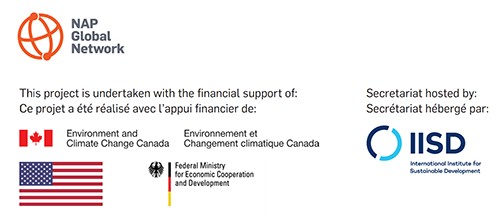LIVELIHOOD ASSET
Institutions & Governance (g)
|
Community institutions refers to informal mechanisms (values, norms, customs and culture) and formal rules (policies, laws and regulations) that influence the way individuals and groups interact, govern and act collectively (via informal and formal organizations). Hence, institutions shape the way people and groups respond to climate change and disaster risks and impacts, by channeling the flow of resources and influence needed to adapt to change. For example, in a traditional iTaukei community, the vanua, lotu, and the matanitu institutions significantly shape the way the communities interact and cooperate in responding to climate and disaster related risks and impacts. In this way, adaptation and risk reduction are essentially institutional processes and flexible, decentralized, and participatory institutional designs are a positive indication of community resilience.
|

